In today’s digital-first marketplace, ecommerce is no longer optional—it’s essential. While ready-made ecommerce platforms can provide a quick start, businesses seeking scalability, flexibility, and unique customer experiences often turn to custom ecommerce development. Unlike off-the-shelf solutions, custom ecommerce platforms are designed to match the exact needs of your business, ensuring long-term growth and a competitive edge.
What is Custom Ecommerce Development?
Custom ecommerce development refers to the process of creating a unique, tailor-made online store that is built from the ground up or by significantly customizing an existing framework. It involves designing and developing the entire ecommerce ecosystem—ranging from the storefront and user interface to the backend systems like payment gateways, inventory management, and integrations with third-party tools.
Instead of being confined to the limitations of templates, businesses get the flexibility to build features, workflows, and designs that perfectly align with their brand identity and goals.
Why Businesses Choose Custom Ecommerce Development
- Tailored User Experience
Every business has unique customer needs. With a custom solution, you can design an interface that resonates with your target audience, improves usability, and enhances the overall shopping journey. - Scalability
As your business grows, so do your ecommerce requirements. Custom-built platforms allow you to scale easily without worrying about hitting the limits of pre-packaged platforms. - Seamless Integrations
Many businesses rely on specific tools like CRM systems, ERP software, or third-party logistics providers. A custom ecommerce platform can integrate seamlessly with these systems, improving operational efficiency. - Better Security
With rising concerns around data breaches, security is non-negotiable. Custom ecommerce platforms give you control over security features, compliance, and regular updates to protect sensitive customer data. - Unique Branding
A custom store lets you create a distinct look and feel that stands out in a crowded marketplace, strengthening brand identity and recognition.
Key Features of a Custom Ecommerce Platform
When investing in custom ecommerce development, businesses often include:
- Mobile-first design: With the majority of shoppers browsing via smartphones, mobile responsiveness is a must.
- Advanced product search and filtering: Helps customers find products quickly.
- Personalized shopping experience: Recommendations, loyalty programs, and custom offers.
- Multi-payment gateway integration: To cater to diverse customer preferences.
- Robust analytics: Track customer behavior, sales trends, and performance metrics.
- Multi-language and multi-currency support: Essential for businesses targeting global markets.
Challenges in Custom Ecommerce Development
While the advantages are clear, custom ecommerce development does come with challenges. It requires a higher upfront investment compared to template-based platforms. Development time is also longer, as each feature is built and tested thoroughly. However, the long-term benefits—better scalability, ownership, and customer experience—often outweigh the initial costs.
How to Get Started
- Define Business Goals – Be clear about what you want to achieve with your ecommerce platform. Is it better customer engagement, international expansion, or operational efficiency?
- Choose the Right Development Partner – Work with experienced ecommerce developers who understand your industry and can translate your vision into a robust platform.
- Prioritize Features – Start with essential features and scale later. This ensures faster time-to-market while keeping the foundation ready for expansion.
- Focus on UX and Security – Prioritize user-friendly design and strong security measures to build trust with your customers.
- Test and Optimize Continuously – Post-launch, regularly monitor performance and refine features based on customer feedback and analytics.
Conclusion
Custom ecommerce development empowers businesses to go beyond cookie-cutter solutions and build online stores that truly reflect their brand, meet customer needs, and scale with growth. While it demands more planning and investment, the long-term payoff—flexibility, security, and differentiation—makes it a powerful choice for businesses that want to thrive in the competitive ecommerce landscape.
If your goal is to stand out and create an online shopping experience that is as unique as your brand, investing in custom ecommerce development is the way forward









